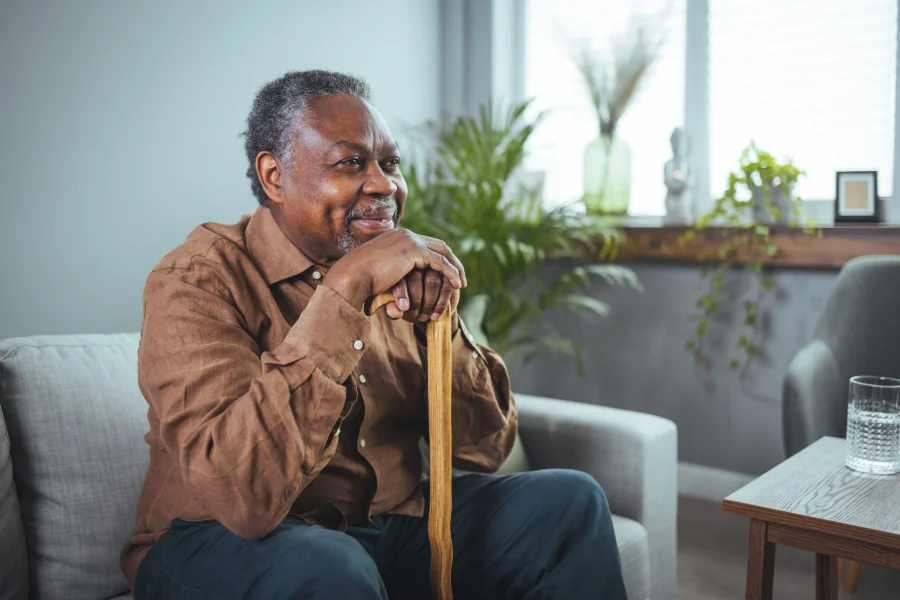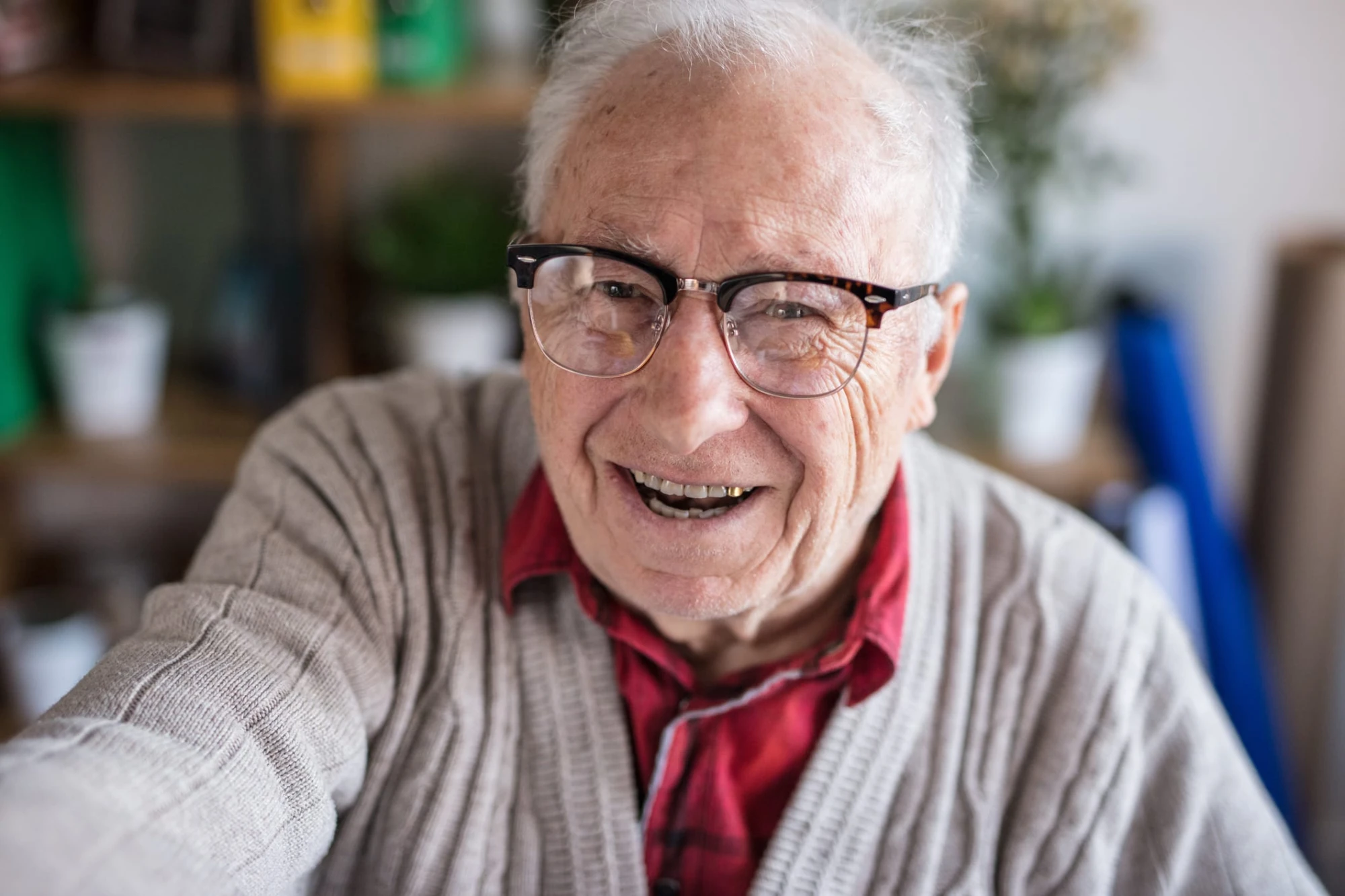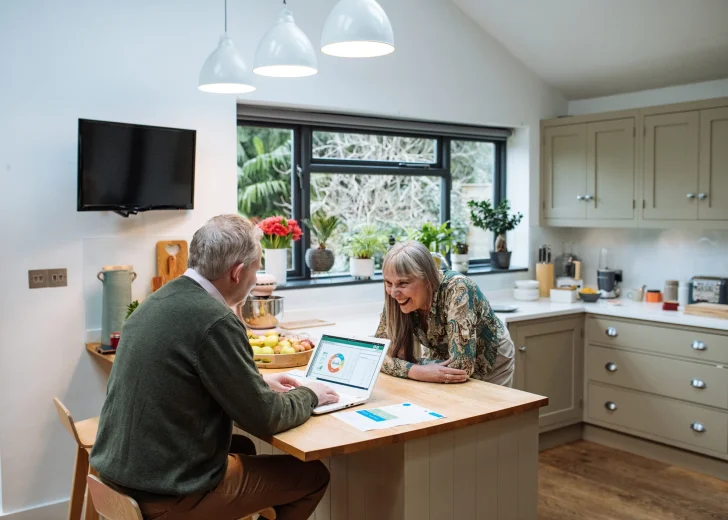Parkinson’s disease is a progressive neurological condition that affects movement, coordination and speech. Symptoms vary from person to person, but understanding what to expect can help you or your loved one prepare and find the right support early on.
Common symptoms include:
Motor (physical) symptoms
Tremors
Muscle stiffness
Slow movement
Balance or coordination issues
Changes to speech
Difficulty swallowing
Non-motor symptoms
Fatigue
Sleep disturbances
Anxiety
Cognitive changes
These symptoms can make daily tasks more challenging, increase the risk of falls, and affect both communication and nutrition.
Why Early Intervention Matters
It might feel daunting to ask for help early on, but leaning on a support service like Draycott can make a real difference and may even help slow the progression of the disease. Putting support in place soon after diagnosis helps build a strong relationship between carer and client, creating trust and a sense of routine.
By introducing strategies to maintain mobility and supporting regular exercise, nutrition and daily structure, we can help improve long-term well-being and prolong independence. We’ve also found that clients are better able to manage their medication, and families benefit too, gaining reassurance and peace of mind.

People living with Parkinson’s can stay independent and well for longer with personalised support from Draycott Nursing & Care.
With nearly 30 years of experience, we’ve developed specialist training and deep insight into how best to support people with Parkinson’s. Our expert carers assist with daily activities, mobility and personal care, helping individuals remain in their own homes while being supported with dignity and compassion.
Every person we support teaches us something new. While each journey is different, we focus on maintaining mobility for as long as possible to support independence and preserve autonomy. We’ve learned that with the right care and support, it’s possible to slow the progression of the disease, maintain quality of life and help people live with Parkinson’s in a way that feels meaningful.

What Personalised Parkinson’s Care Looks Like
Our trained carers at Draycott understand the unique challenges that living with Parkinson’s presents. We provide patient, compassionate support to help individuals manage symptoms in a way that works best for them.
Every care plan is unique. We work closely with clients and families to tailor support around individual needs and preferences. Whether someone requires help with day-to-day tasks or more specialised support, our goal is to bring comfort, confidence and independence.
Here’s what that might include:
Daily living and personal care
Bathing, dressing, grooming
Mobility and safety
Walking assistance
Transfers and fall prevention
Confidence-building movement support
Health and wellbeing
Medication management
Gentle exercise and physiotherapy
Speech and communication support
Nutritional guidance and meal prep, including support with swallowing difficulties
Emotional and social support
Meaningful companionship
Activities that bring comfort, joy, and connection
We also help solve problems along the way, whether it’s finding the right adaptive tools or adjusting support as mobility needs change.
Ultimately, our goal is to help people live with Parkinson’s in a way that feels familiar, safe and supported. We’re always keen to work closely with families too, offering reassurance and the peace of mind that comes from knowing their loved one is receiving expert, consistent care.

Read James’s story to see how tailored care made a difference to his everyday life.
James, a 74-year-old retired teacher with Parkinson’s, initially required just a few hours of weekly support for household tasks and companionship. As his condition progressed, his Draycott carer, who was carefully selected based on shared interests, began accompanying him to his beloved local library and book clubs, ensuring he could continue his lifelong passion for reading. With time, his care plan evolved to include assistance with dressing, meals and medication management. Eventually transitioning to 24-hour care, James remained in his own home whilst still enjoying community events with his carer’s support. This personalised approach allowed him to maintain his independence and stay connected to what mattered most in his life.

Frequently Asked Questions
How do I know when someone with Parkinson’s needs additional care?
If they are struggling with mobility, managing medication, or daily tasks such as dressing and eating, additional support can improve their safety and overall well-being.
Can care be adapted as conditions change?
Yes. Draycott Nursing & Care provides flexible care plans that evolve to meet changing needs, from occasional visits to full-time support.
Is it possible to remain at home?
Absolutely. With tailored care, individuals with Parkinson’s can continue living in their own homes while maintaining independence and comfort.
What makes Draycott carers different?
Our carers are specially trained in Parkinson’s care, providing expert support while also focusing on companionship, well-being and truly personalised assistance.





